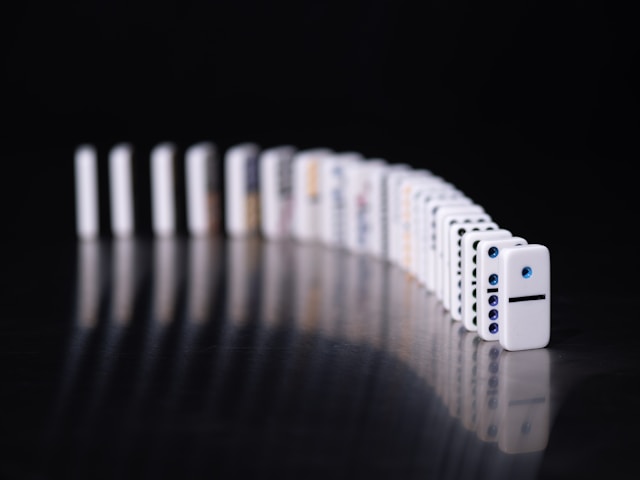Most companies stumble here. They try to be everything to everyone and end up sounding like everyone else. The brands that win are the ones that carve out a space in the market — and stay consistent in owning it.
Here are 14 examples of brands with strong positioning, and the lessons you can take from them.
1. Apple:
Simplicity and design first
Apple isn’t selling gadgets. They’re selling elegance, ease of use, and status. That’s why people line up for each new release.
2. Tesla:
Innovation with purpose
Tesla doesn’t just make cars; it makes the idea of a sustainable future desirable. That narrative gives them loyalty beyond product specs.
3. Nike:
Performance and empowerment
Nike sells the belief that anyone can be an athlete. The “Just Do It” mindset is as important as the shoes.
4. Patagonia:
Purpose before profit
Every product links back to environmental responsibility. Their stance is so clear that buying a jacket feels like taking a stand.
5. IKEA:
Affordable design for everyday life
IKEA doesn’t just sell furniture. It sells the experience of accessible, functional living.
6. Starbucks:
The third place
More than coffee - it’s the place between home and work. That idea turned a café chain into a lifestyle brand.
7. Amazon:
Customer obsession
Everything about Amazon comes back to speed, convenience, and selection. They win by putting the customer first, always.
8. Airbnb:
Belong anywhere
The message is emotional, not functional. They sell a sense of belonging, which resonates more deeply than simply “cheap travel.”
9. Harley-Davidson:
Freedom and rebellion
It’s not about motorcycles. It’s about identity. Riders buy into a lifestyle that says, “I don’t follow the rules.”
10. Slack:
Work made simple
Slack positioned itself as the friendly, human alternative to clunky corporate tools. That clarity helped it spread fast in workplaces.
11. Spotify:
Music, personalised
The strength of Spotify is discovery. Playlists, algorithms, and personal “Wrapped” reports make it feel built for you.
12. Lush:
Fresh, ethical, handmade
Every part of Lush screams sustainability and honesty — from packaging to staff training. Their positioning is their biggest marketing tool.
13. Zoom:
Connection made easy
While competitors had features, Zoom positioned itself around one thing: simplicity. That clarity helped it dominate during the pandemic.
14. LEGO:
Imagination at any age
LEGO sells creativity and learning, not just toys. That’s why it resonates across generations.
The Bottom Line
Strong positioning is about focus. Each of these brands found one idea worth repeating — then built everything else around it.
If you want to strengthen your brand positioning, ask:
- What do we want to be known for?
- Is it clear and memorable in a single sentence?
- Does every touchpoint reinforce it?
When the answer is yes, customers don’t just remember you. They choose you.



.jpeg)
.jpeg)
